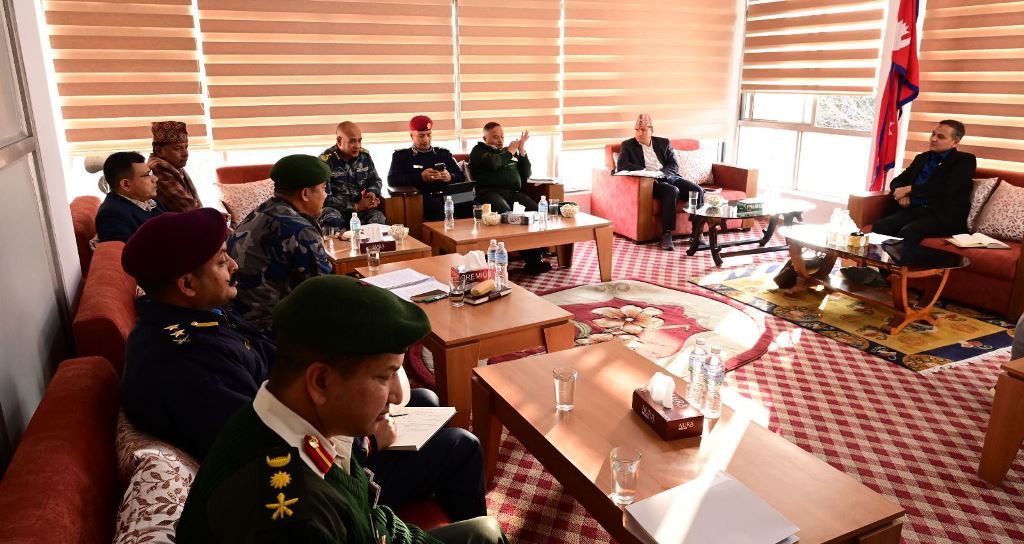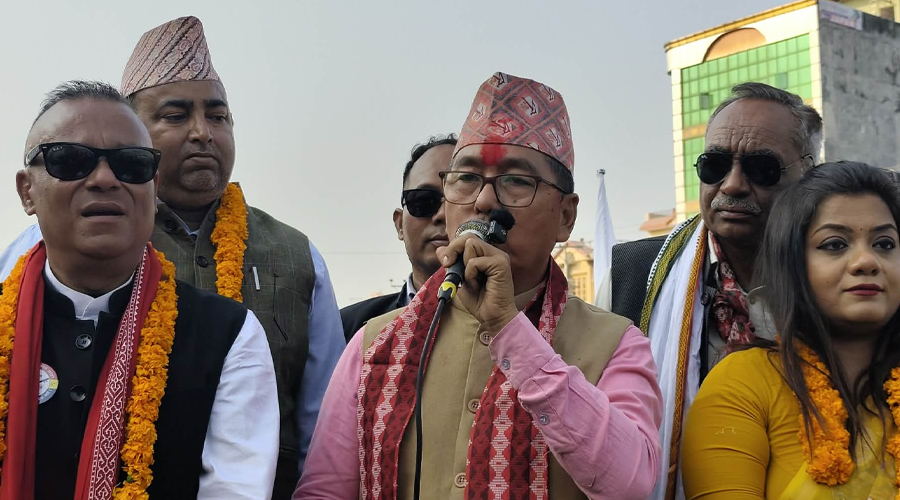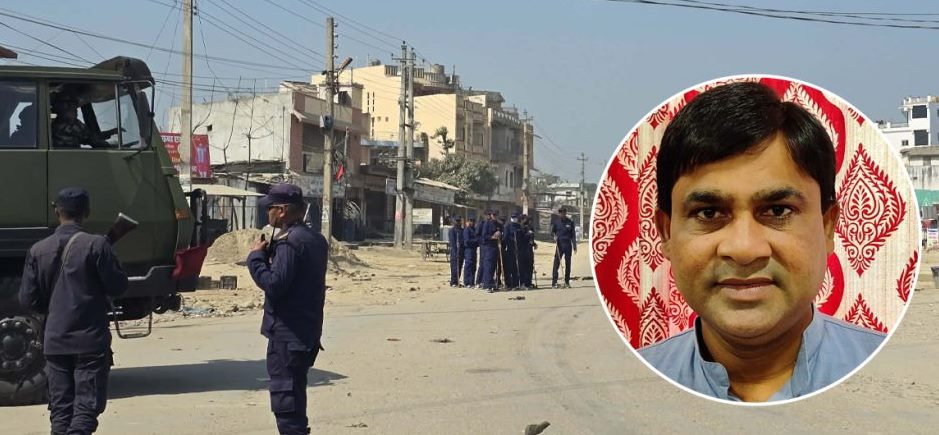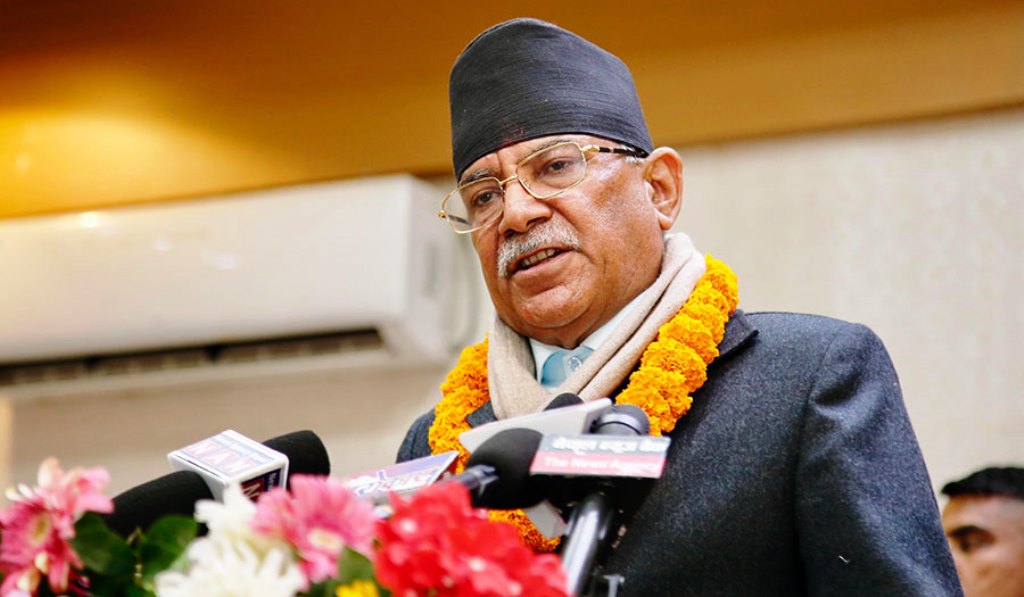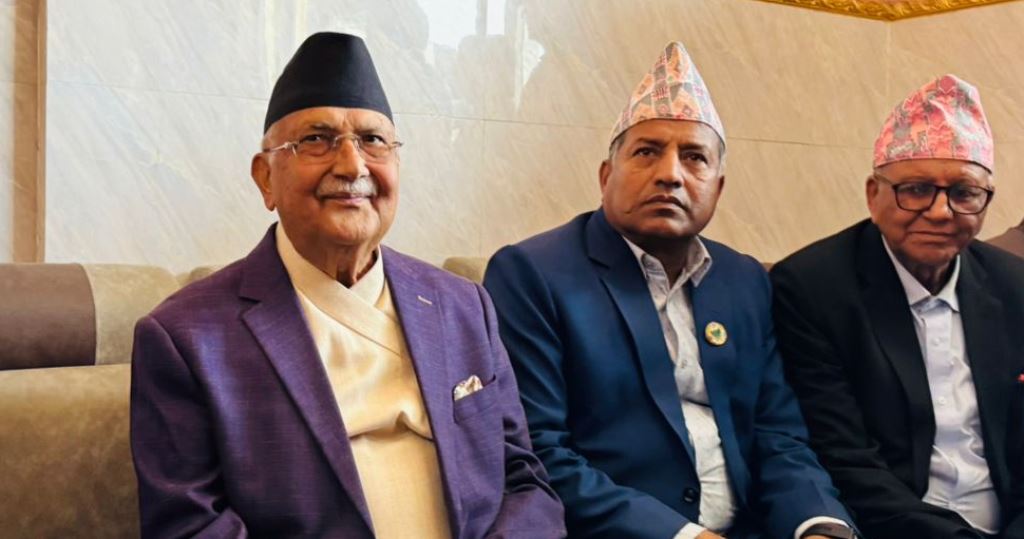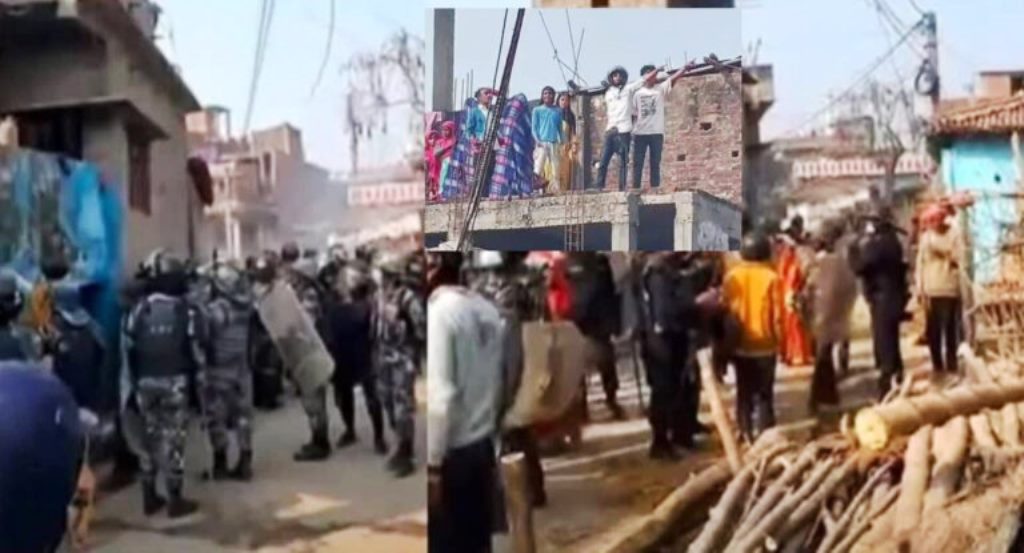The South Korean government has been actively engaged in the reconciliation process with North Korea, but not even a single official statement from the government on 1,000 victims from the forcible change of religion against individuals in minor religious denominations has not been delivered.
Human Rights Association for Victims of Coercive Conversion Programs (HAC), hosted a rally on March 4 in major cities including Seoul for legislation to protect religious freedom in terms of human rights and investigation of Christian pastors involved in “coercive conversion programs”, accompanied with kidnapping and confinement of individuals by family members instigated by pastors. Around 100,000 Korean citizens participated in the rally.
The last rally in January was held in 22 locations in 12 countries including the United States, Japan, South Korea, the Philippines, and France with 200,000 participants after a death of the young woman caused by coercive conversion. The recent rally is a part of an international movement, condemning silence of both the Korean government and Christian community in the country.

Citizens Gather Together, but Silence from Government and Religion Continues
The 25-year-old Korean young woman, Ms. Ji-InGu, was found dead in January while she was confined in a pension far away from her place. She was suffocated to death from an obstruction in the airway while she had been kidnapped by her family and forced to change her religion. Before this, she was also taken in 2016 to a Catholic monastery for 44 days. At that time, she was kidnapped by her family and a Christian pastor forced her to convert.
After that, the late Ms. Gu offered a petition for a legal protection of citizens from religious discrimination to the Blue House, the presidential office of South Korea. While there has been no official response from the Blue House, Ms. Gu was kidnapped again and came to die.
The HAC urged the government take responsibility for investigation of the conversion program and prevention of reoccurrence of similar cases. The Ministry of Culture, Sports and Tourism made it known that it cannot carry out the investigation on a religion due to the principle of the separation of church and state.

The HAC further says that there have been 1,000 victims for the last decade. The online petition for the ban on coercive conversion program received 140,000 supporters, but it disappeared in the government website without an explanation.
The religious circle in South Korea is also consistent in remaining in silence. Targeting those who change their religious orientations, coercive conversion programs by Christian pastors have been carried out with a tacit agreement from Churches in Korea. In the name of “educating ‘lost followers’ taken to the cult”, the Korea Christian Heresy Research Center has been actively promoting the conversion program and even claims that the pastors involved in “cult consulting” should be protected.
Over the Family Issue
“The problem of coercive conversion program is that Christian pastors consider it as a business to make money in the name of ‘counseling’ for protection of family from the cult. Through this, they instill distrust in the family against other family members who pursue other religions,” said Ms. Ji Hye Choi, co-president of HAC. “The consequence is destructive. Mental traumas, fear, family breakdown, divorce, losing jobs, school dropout and many other irreversible problems continue,” she added.
In her interview at Franceinter the French state-run radio, Ms. Hye Jung Lim said, “Three men came to me grabbed my hair and dragged me into my place. I jumped over the wall, ran in bare feet and luckily got a taxi to escape. My life changed ever and I lost my family. I reported what happened to the police but their response was family issues should be handled within the family.”
“The fundamental issue behind the death of a young woman from the conversion program is the corruption of the whole Christian world represented by the CCK. The organization with the majority of the Presbyterian Church has been controversial in worshipping the Japanese emperor, support for the military dictatorship in the 1970s and illegal fund during the CCK presidential election. It is obvious that many followers leave the church to pursue other religions. What can we say about the relationship between the government and church when the government is hesitant to protect citizens and religions are not willing to give love to those who lose faith?” said Mr. Sang Ik Park, co-president of the HAC.



